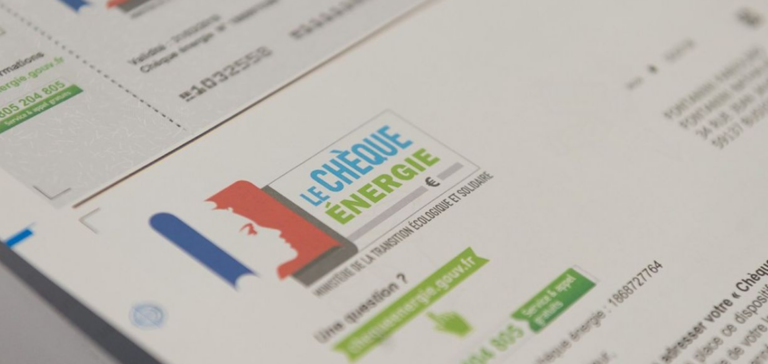The Senate’s recent decision to replace the “tariff shield” on electricity with targeted “energy vouchers” raises many questions about the effectiveness and fairness of this measure. Initially to be introduced in autumn 2021, the “tariff shield” was intended to limit the increase in electricity tariffs. However, the Senate opted for a more targeted approach, favoring the most modest households.
Budget impact and expected savings
The amendment adopted by the senators envisages putting an end to the current system and introducing a system of energy vouchers, aimed specifically at the six lowest income deciles. This measure is expected to generate savings of at least one billion euros for public finances. However, it also implies a potential rise in costs for wealthier families, polarizing the debate on questions of equity and efficiency.
Political Debates and Government Divergences
Jean-François Husson, general rapporteur and member of the Les Républicains party, defended the decision, calling it necessary to make the richest households more responsible. On the other hand, the government, through the voice of Public Accounts Minister Thomas Cazenave, has been reticent, deeming the measure costly and advocating a gradual increase in taxation. This opposition from the government, despite the initial approval of Economy Minister Bruno Le Maire, underlines the tensions and divergent perspectives within the executive branch.
Consequences for Wealthy and Modest Households
The Senate’s proposal, while welcomed by several political parties, including the right, center and ecologists, remains controversial. In addition, Senator Christine Lavarde (LR) criticized the government for not protecting the most vulnerable households sufficiently. In response, Thomas Cazenave defended the government’s position as balanced.
The challenges of energy transition in France
This situation illustrates the complexity of energy policy in France, where the need to protect the most vulnerable households must be balanced with budgetary constraints and environmental imperatives. The decisions taken will have a significant impact on purchasing power, resource distribution and the country’s energy transition.
In addition, the executive’s use of article 49.3 of the Constitution in the National Assembly on this draft budget indicates a potential legislative conflict. Indeed, although the government has the capacity to reject this measure in the end, the ongoing debate reveals a deep political divide and crucial questions concerning the future of energy policy in France.
The transition from “tariff shields” to “energy vouchers” raises critical questions about the balance between equity and budget efficiency.






















